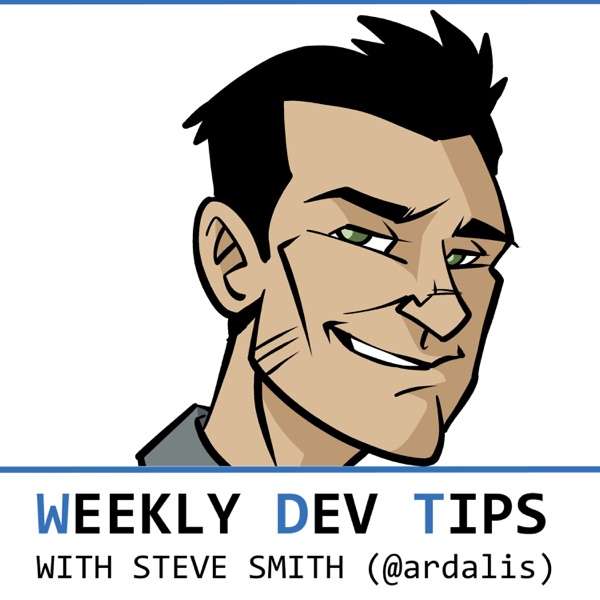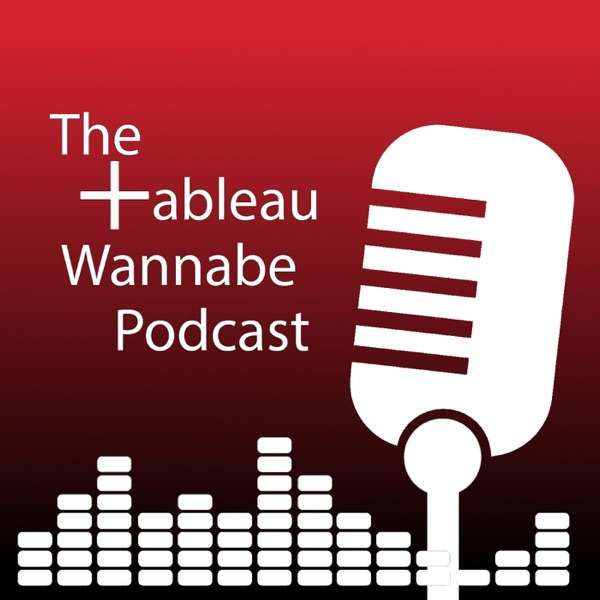Both Alex and I, the co-founders of CodePen, spent time trying to whittle down hopefully interesting and practical advice for you from our experience in running a SaaS company for a decade! Let's go back and forth, combining into a top 10 like we did in the show.
🔟 Alex: The High Low Principle
Only do things that are either:
- High time, high value
- Low time, low value
As in, they take a long time but are going to make a big difference. Or they won't take too long, don't ask too much of you, but are still helpful. This is the answer to the build vs buy conundrum. It's a buy for everything in between.
9️⃣ Chris: The Co-Founder Relationship is at the heart of the business
Every relationship between people at a company is important, but the relationship between the founders is crucial. It sets the culture and makes everything work. The company cannot continue with a broken relationship at the founder level. They say it is like marriage, and that analogy isn't far off.
Chances are, you’re going to find out you are very different people who think and feel differently about all sorts of things. You need to get along, you need to respect each other, you need to trust each other, but you can’t avoid hard conversations (as much as I would like to).
8️⃣ Alex: Build Minimalist Tech
Do more with less. Just because you didn't write it doesn't mean it's less complex. Just because you did write it doesn't mean it's less complex. You might have to add technology in the short term as you're migrating to what will end up with more minimal tech. It is a focusing of you and your team's expertise.
7️⃣ Chris: You're probably undercharging people
You’re probably undercharging people for your software product. Software is always difficult to build and maintain. It's likely your intuition leads you toward lower prices, but every experience we've ever had with higher prices (and raising prices) has been positive. Fewer people than you think will care, revenue goes up, and your time is better compensated. Plus, there is a weird correlation between your high-paying customers being chill and low-paying customers being more challenging.
6️⃣ Alex: One thing at a time
Only do one of these at a time: learn new tech or solve a new problem. Do not do both. One is a magical number. Do one thing at a time.
5️⃣ Chris: Nobody has the same thing in their brain
Making sure everyone is on the same page is hard. There are so many business constructs designed to get everyone there: meetings, documents, emails... and yet, if you think everyone understands what is happening the same way you do, you are not right. But keeping everyone together is still a vital part of the process. Try to get better at expressing what is in your brain and sussing out when you think it might be different than what is in other people you work with's brains. Time spent communicating is time well spent.
4️⃣ Alex: Honesty defines your culture
Honesty is a fundamental part of your culture. That is, honesty or dishonesty, like it or not. Honesty is better. Be honest about your work, your management, and yourself. Remember that honesty has nothing to do with being nice. Being nice doesn't mean being honest. Being mean doesn't mean being honest. But being honest might mean uncomfortable conversations.
A person's success in life can usually be measured by the number of uncomfortable conversations he or she is willing to have.
— Tim Ferris
3️⃣ Chris: Time is precious and easily chewed away
Anything and everything is a threat to your time. Slice away what isn’t core to your business. You'll be drowning for time soon enough, so spend it on what really matters to your business. This is where technical debt comes in, and being careful about where you acquire it. You'll make mistakes, but a better you can recover from them. Pay the debts and move on.
2️⃣ Alex: Do not poke
It's easy to poke at problems. Take a guess, try it, and if it seems to work, do it and move on. Don't do that. Draw a line in the sand. Stop poking. Slow down and deeply understand the problem. Read the source code. You'll understand the problem better if you move slowly. Eventually, that style of slow problem-solving will feel smooth, and that smoothness will, ironically, help you move faster.
Slow is smooth and smooth is fast.
— Navy Seals saying
1️⃣ Chris: Here are your cheat codes: writing, persistence, and positivity
If anything has given me, and by extension CodePen, a jump in this world, it is these three things. You can build an audience through writing. An audience of people that trust you and like you and will try the things you make. The ability to communicate well with words will serve you forever, inside and outside your company. Persistence is a byproduct of having a good idea, knowing it, and having the wherewithal to see it through. A business is not built in 6 months. Stick with your good idea, it's the only way. Positivity ties it all together. Writing is your vehicle for telling your tribe, over and over, that everything is going to be great and you'll be there to help make sure it is.
Time Jumps
Notion is an amazing collaborative tool that not only helps organize your company’s information but helps with project management as well. We know that all too well here at CodePen, as we use Notion for countless business tasks. Learn more and get started for free at notion.com/codepen. Take your first step toward an organized, happier team, today.

 Our TOPPODCAST Picks
Our TOPPODCAST Picks  Stay Connected
Stay Connected






